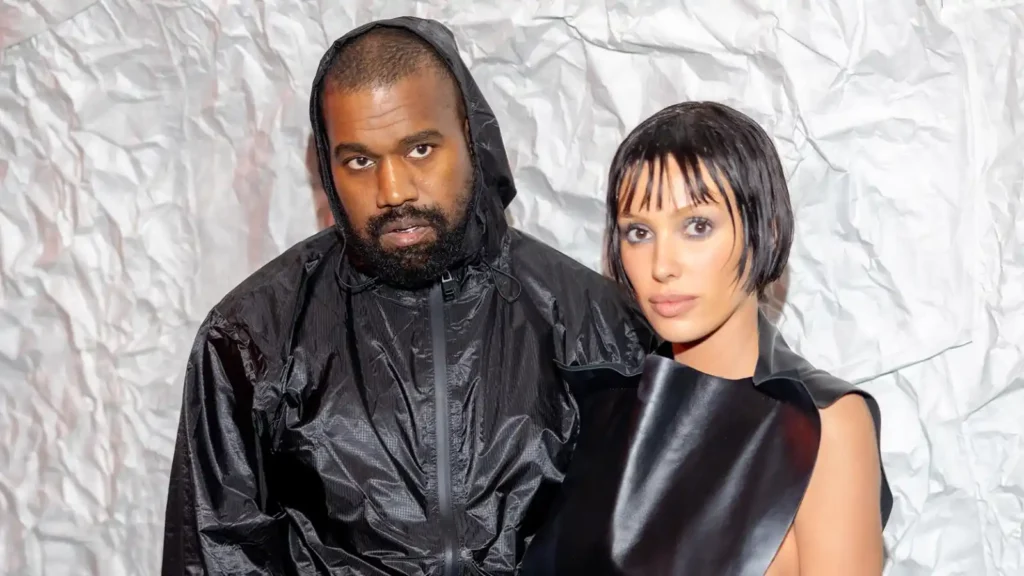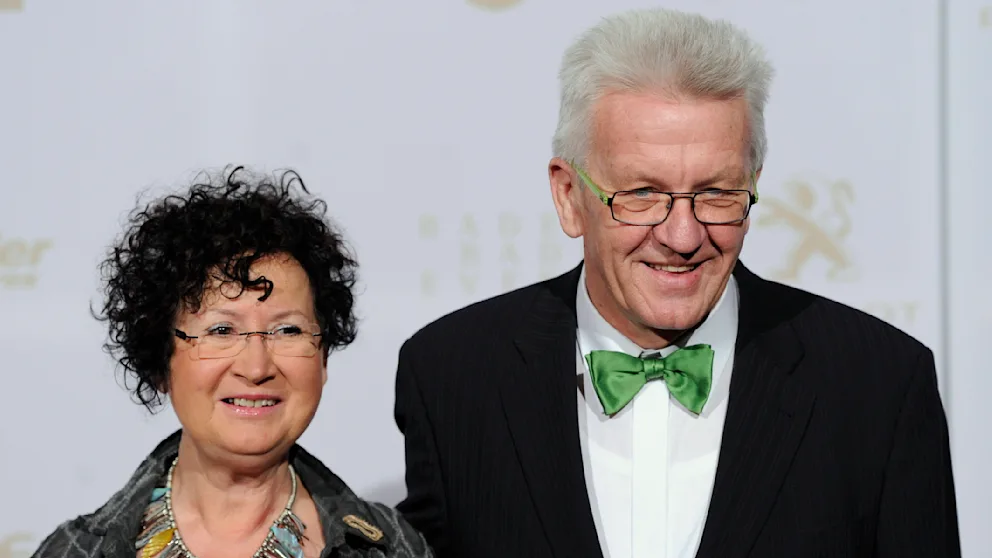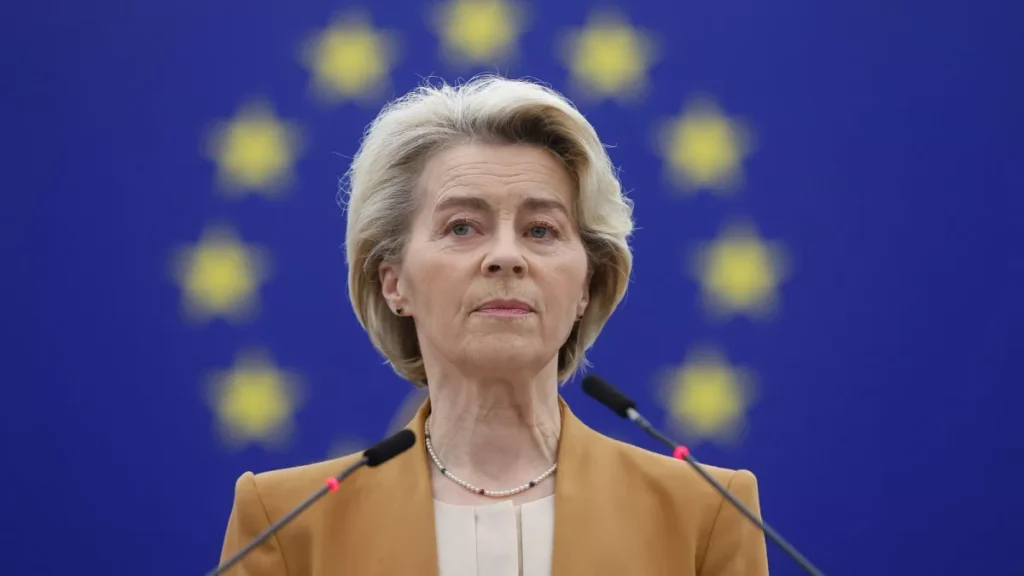Slovak Prime Minister Robert Fico reaffirms opposition to Ukraine’s NATO membership, while backing its EU bid and announcing financial and non-lethal military aid for Ukraine during talks with Ukrainian PM Denys Shmyhal.
In a pivotal diplomatic meeting held on October 7, 2024, Slovak Prime Minister Robert Fico doubled down on his opposition to Ukraine’s accession to NATO, while endorsing the country’s bid to join the European Union. The discussions with Ukrainian Prime Minister Denys Shmyhal in Uzhhorod centered on fostering greater cooperation between the two nations, covering areas such as economic assistance and military aid, but starkly highlighting the delicate balance Fico seeks to maintain between Ukraine and Russia.
Firm Stance Against NATO Membership
Fico’s reluctance to support Ukraine’s NATO membership is consistent with his long-standing position. Speaking candidly during the intergovernmental consultations, the Slovak leader noted that Slovakia would never back Ukraine’s entry into NATO as long as he remains in power, a move intended to avoid further antagonizing Russia. His approach aligns with a broader geopolitical outlook that emphasizes diplomacy over military confrontation, underscoring a “cold attitude” towards NATO expansion that he has maintained throughout his political career.
Backing Ukraine’s Path to the European Union
In contrast to his stance on NATO, Fico demonstrated a clear commitment to supporting Ukraine’s European aspirations. He assured Ukrainian officials that Slovakia would not obstruct Ukraine’s EU integration and would actively assist in the process, drawing from its own experience as an EU member. Fico described Ukraine’s EU membership as beneficial to both countries and reaffirmed Slovakia’s readiness to facilitate Ukraine’s reforms in alignment with EU requirements.
Aid Packages and Non-Lethal Military Support
Beyond diplomatic pledges, Fico announced Slovakia’s upcoming financial aid package for Ukraine. This aid would include non-lethal military assistance, aiming to bolster Ukraine’s defense efforts amid the ongoing conflict with Russia. While Fico remains staunchly opposed to NATO military interventions, his government is prepared to support Ukraine’s security through peaceful and non-combative means.
Restoring Relations with Russia
Reflecting his nuanced approach to regional geopolitics, Fico reiterated his intention to restore normal relations with Russia once the war concludes. He emphasized that both Russia and the European Union need each other for economic stability and that future peace negotiations would be crucial in re-establishing ties. His call for dialogue, rather than conflict, reflects a pragmatic vision for the future of Europe and its relations with Moscow.
As the war in Ukraine continues, Fico’s balancing act between supporting Ukraine’s EU ambitions while keeping a cautious distance from NATO highlights Slovakia’s complex role in the region’s evolving political landscape.







